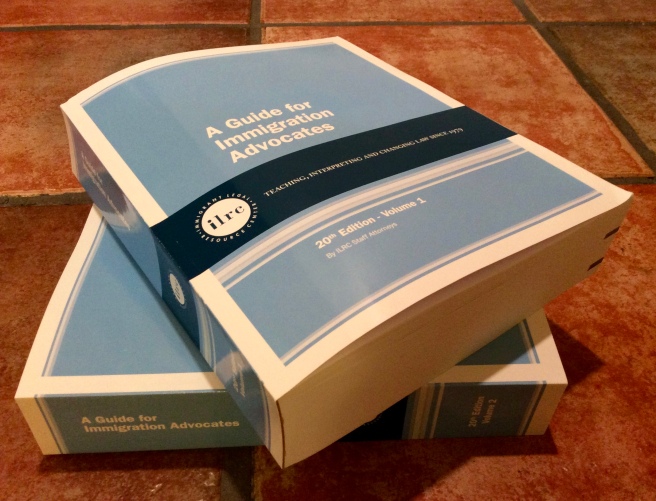Imagine that you’re a child living in Honduras, Guatemala, or El Salvador, places where gangs control the barrios. The police are corrupt, and either can’t control the gangs or are in cahoots with them. Your mother is extorted weekly, forced to pay a bribe in order to sell the clothing she sews. You’ve stopped going to school because you’re afraid to walk through gang territory to get there. The gangs are trying to recruit you, but you don’t want to join. You saw what happened to your cousin… he was killed by the gangs. Then they came after your older brother.
Your father moved to the US two years ago to find work to support your family. When the gangs threatened to rape your sister, your mother decided it was time for your family to leave your home and join your father. You’ve taken buses, ridden on top of a train, and walked through wilderness. Finally, you sat in an inner tube while your mother pushed you across a river.
Once on the other side, where your mother told you your family would be safe, some officers took you to a cold, brightly-lit building. You had only the floor to sleep on, and one cold sandwich to eat for the next 14 hours. After that place, they put you on a bus and moved you somewhere else. Here you share one room with your family, but you can’t leave the room without permission and guards to accompany you. Even then you can only go to the cafeteria or the clinic. And there’s always a long line at the clinic because it seems like everyone else is sick, too. You don’t have any toys or books, and no friends. You can’t play outside. You thought you were supposed to be safe here and live with your father, but this place is a jail!
Christmas is coming soon, but you won’t be with your father, your grandparents, or any of your tios, tias, or cousins. You won’t have a Christmas tree, a stocking, or tamales. Will Santa Claus know where to find you? Will there be any cards or presents or treats this year?
Lutheran Immigration and Refugee Service (LIRS) reached out this Advent to children in exactly these and similar circumstances. The US has immigrant detention centers in almost every state, including three that house children, in Dilley and Karnes, Texas, and Berks, Pennsylvania. LIRS organized a drive to collect Christmas cards and gifts to deliver to the children in these detention centers.
A group of compassionate friends joined me to write and decorate Christmas cards for the children. We showed a video to introduce people to immigration detention, and then we went to work! We played Christmas music to keep the atmosphere cheery. We wrote Spanish phrases with colorful pens, things like, “Welcome to America. We’re glad you’re here!” and “I wish you love, hope, and peace this Christmas.” We plastered fun stickers all over the cards and drew pictures. We even had Spanish/English Bibles available for those who wanted to write Bible verses in the cards. Together we sent 232 Christmas cards to LIRS to distribute inside the detention centers. Several of us also donated money to buy gifts for the children.
While this was a fun activity, the reasons for it are anything but fun. I pray that next year we won’t need to write such cards. I pray that by then our country will realize that children don’t belong in jail. I pray that our country will welcome asylum seekers who come to the US simply to live, parents and children running for their lives.
Meanwhile, a few of us are exploring how we can begin a visitation ministry inside the nearest immigration detention centers. My motivation is to follow Jesus, and based on Matthew 25 I believe Jesus is living among the least of these, my sisters and brothers in detention.
To read more about why asylum seekers come to the US, read Childhood Stolen by Street Gangs
To read more about the LIRS Christmas card and gift delivery, read Sharing Hope
You might also want to check out these videos for an introduction to immigration detention:




